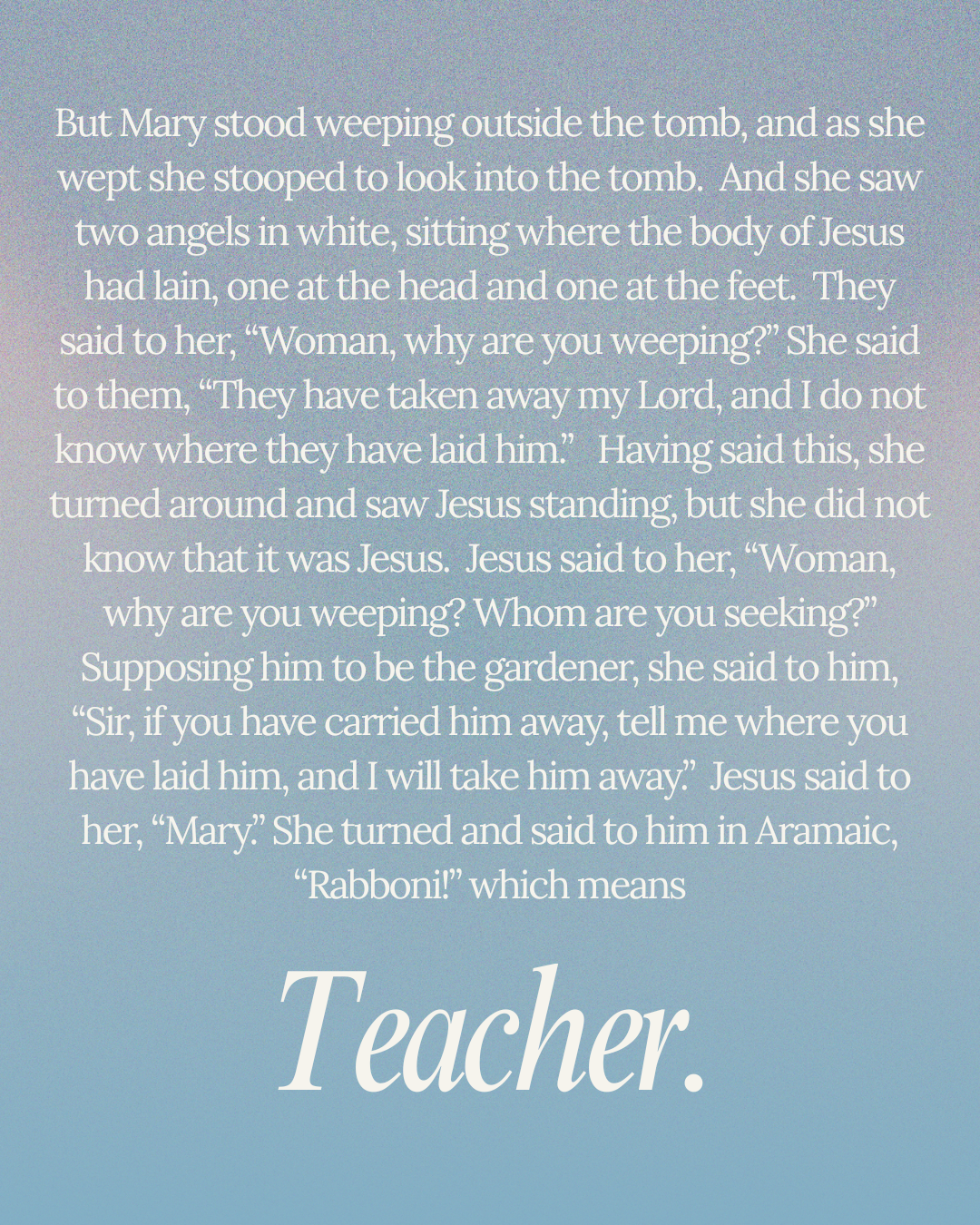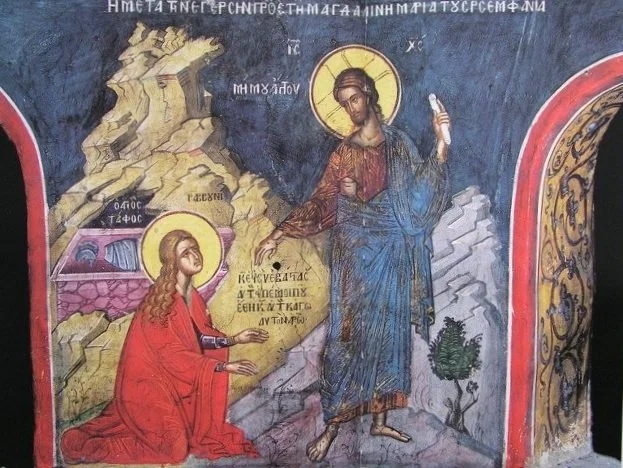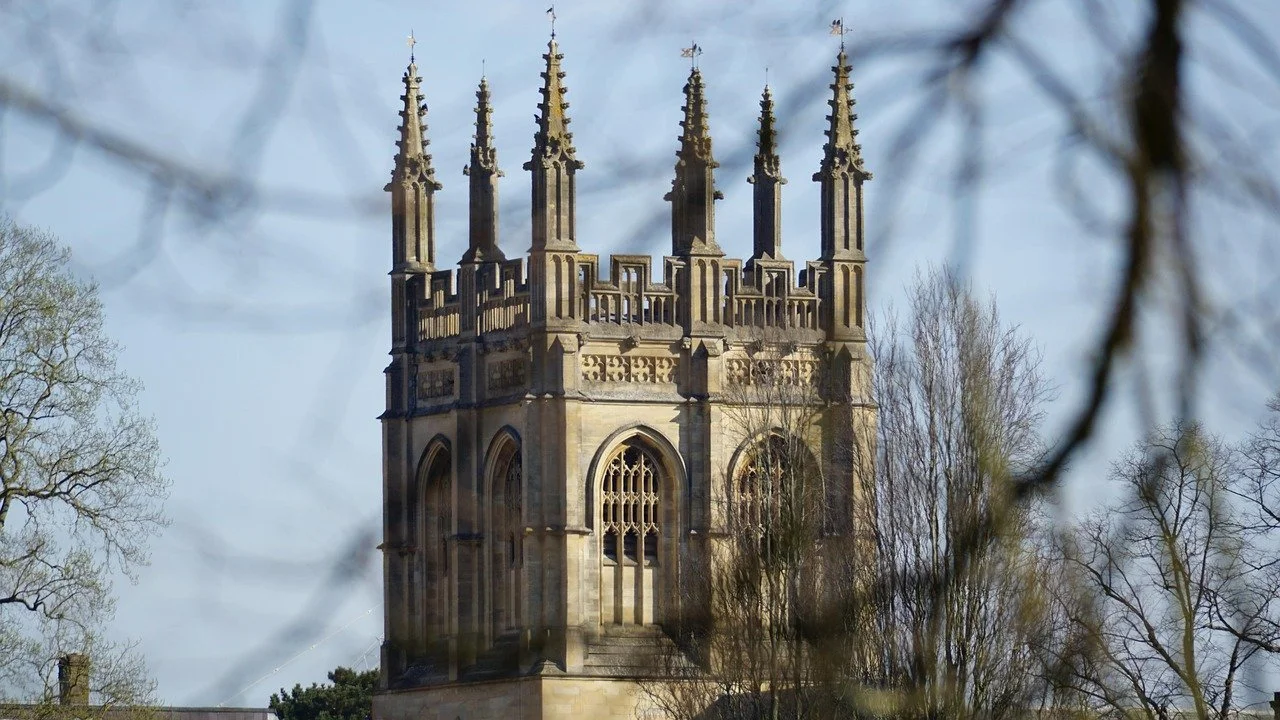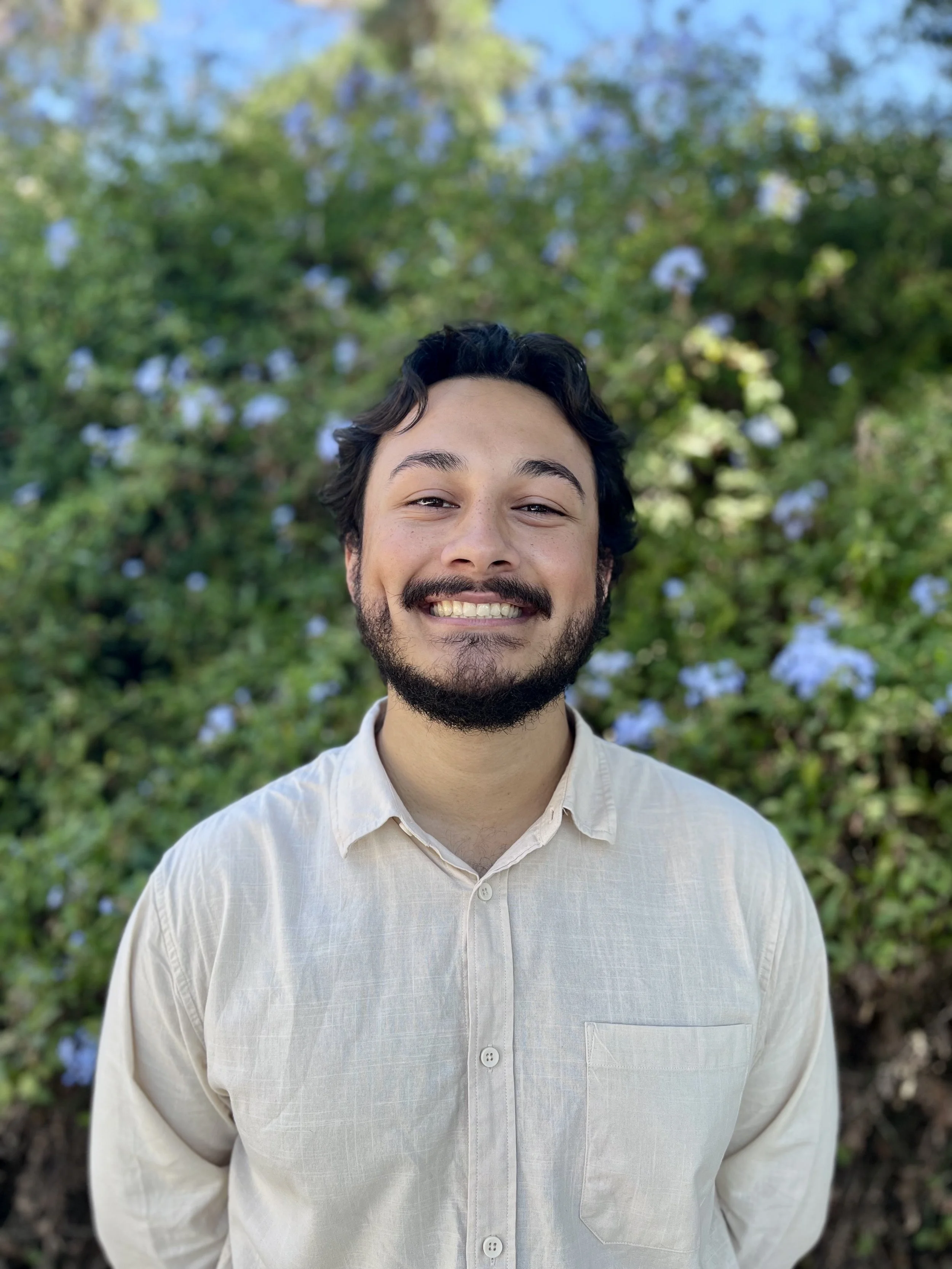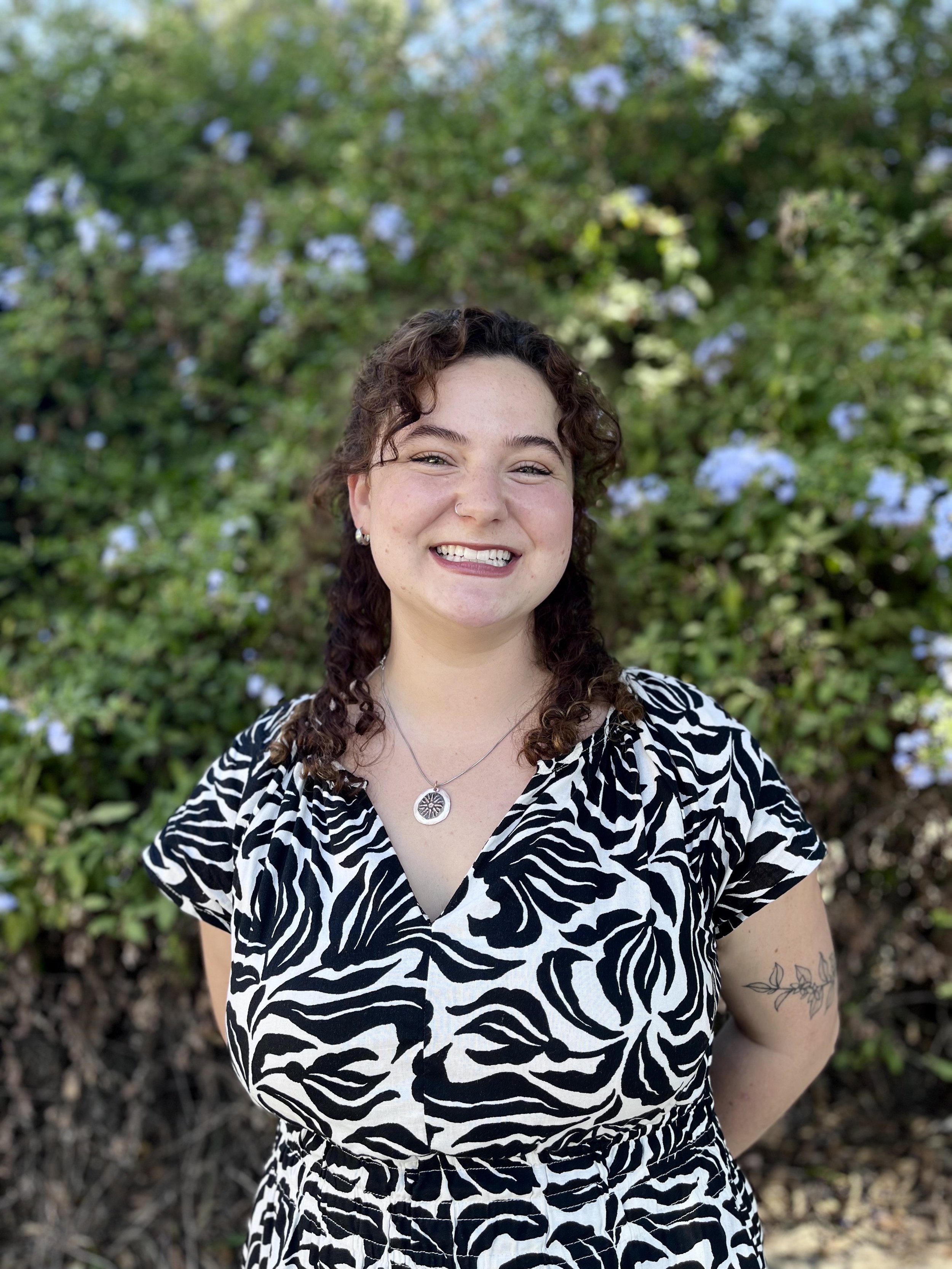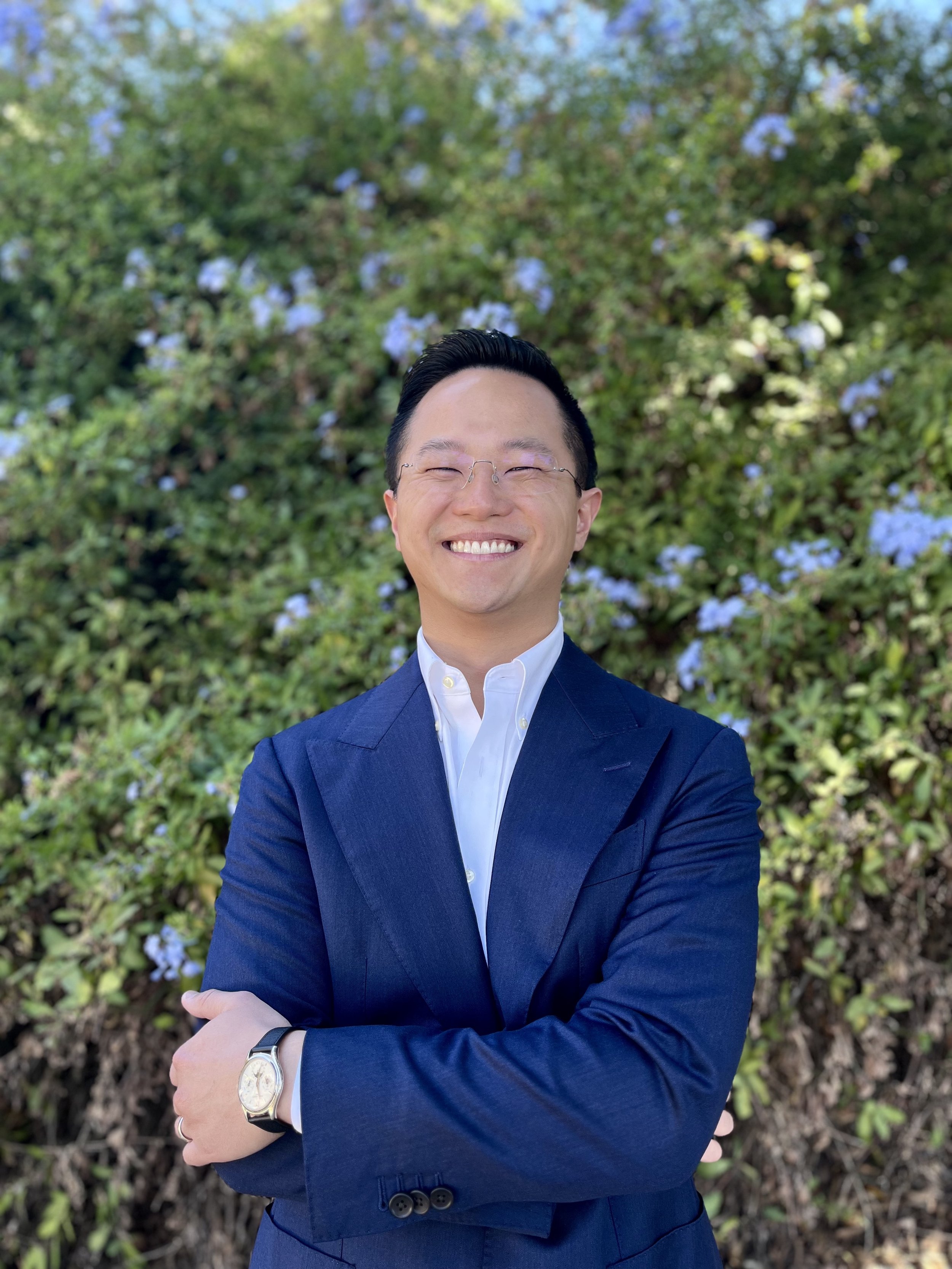“Do not be conformed to this world, but be transformed by the renewal
of your mind…”
Romans 12:2
Magdalen Classical Academy is a religious nonprofit specializing in classical Christian education. We offer classical humanities classes to junior high and high school students in Southern California and online.
We believe that education — what we learn and how we learn — matters to Christian formation. As each of us have been transformed through classical education, we believe that treasures of the Western canon and pedagogical traditions not only promote intellectual growth, but uniquely nurture the whole person to produce people who love the good, seek the truth, and cherish the beautiful. We began Magdalen Classical Academy because we believe the gift of classical education is too good to keep to ourselves. We wanted to create a place where students could be nurtured by Christian wisdom and love and grow up into the fullness of Christ.
About Magdalen
Why the name Magdalen?
Magdalen Classical Academy is named after Mary Magdalene, one of Jesus’s faithful disciples. Mary stood at the foot of the cross with Mary, the mother of Jesus, Mary of Cleopas, and the disciple, John. She was among the women who prepared the Lord’s body for burial and saw him laid in the tomb. The Gospel of John tells us that, “on the first day of the week Mary Magdalene came to the tomb, while it was still dark and saw that the stone had been taken away…” (John 20:1). She ran to retrieve John and Peter who, after seeing the empty tomb and the grave clothes, returned to their homes. But Mary stayed, weeping and seeking answers, and as a result, she becomes the first to see the resurrected Jesus face to face.
As the first to witness the resurrection of Jesus from the dead, church tradition often calls her “the apostle to the apostles.” After seeing Jesus, she ran to declare the good news to the disciples: that which was sown was perishable, but that which was raised was eternal, imperishable, and incorruptible. Our Lord Jesus Christ is risen from the dead and invites us into the total transformation of life made possible through the resurrection.
We named our Academy after Mary Magdalene because we desire to imitate her devotion to Jesus—our one Lord, our true Teacher—and invite our students into the joy and transformation of Christ’s victorious resurrection. Our courses are not merely about satisfying credit requirements. For us, all learning is an opportunity to seek Jesus who is Truth, who alone is Beautiful, who is supremely Good, who calls us, like Mary Magdalene, by name and leads us into life.
Why “Magdalen” and not “Magdalene”?
We chose to spell “Magdalen” after Magdalen College (pronounced Maudlin), Oxford where C.S. Lewis both attended and taught from 1925 until 1954. Magdalen Classical Academy (pronounced MAG-da-len) is modeled after Oxford’s tutorial and discussion format, and we desire our learning community to imitate the imagination, rigor, and faithful Christian witness of C.S. Lewis and his Oxford companions known as “The Inklings,” many of whose works are featured in our Omnibus: The Inklings course. Finally, many of our teachers are able to trace an intellectual and spiritual heritage back to C.S. Lewis himself—our teacher’s teacher’s teacher was C.S. Lewis!
What is Socratic learning?
Socratic learning, as the name suggests, refers to the kind of learning the ancient Greek philosopher, Socrates, practices. In the Socratic dialogues recorded by his pupil, Plato, Socrates persistently engages in conversations in which humility, inquiry, and the desire for truth guide the philosopher and his interlocutors in their quest for knowledge.
Here at Magdalen Classical Academy, we believe that truth is best found when we humbly seek together. In all our courses, teachers facilitate student discussions: modeling rigorous inquiry, coaching students to listen and observe with humility, and inviting student to share in their joy for learning.
What is the Western canon?
The Western canon or tradition refers to the works of theology, philosophy, literature, and art that have fed and formed Western civilizations. While we recognize the inherent value and distinctive merits of texts beyond of the “Western” world, our curriculum at this time primarily (though not exclusively!) engages with the Western canon as it is our direct intellectual inheritance.
The Classical Approach
Our Courses
World History with Art
7th-9th Grade - World History & Art History
Students will explore the rise and fall of civilizations from the ancient world to today and trace the development of human creativity chronologically through art.
Book List | Locations and Schedules | Enroll
Literature & Composition:
On Heroes
Junior High - Literature & Composition
Introduce your students to the basics of argumentative and persuasive writing! Students will read and discuss texts both ancient and modern to build a thesis on the nature of heroism and a love for doing what is right.
Book List | Locations and Schedules | Enroll
9th Grade - Literature & Composition
This foundational course aims to cultivate competent and courageous writers through the study of grammar, the dialectic, and rhetoric as modeled in a variety of great works curated around the topic of courage.
10 credits | Book List | Course Description | Locations and Schedules | Enroll
Literature & Composition:
On Courage
Omnibus: The Inklings
10th Grade - British Literature & Composition, Philosophy, & Theology
In one of our most beloved and unique courses, students engage with great twentieth-century Christian thinkers including C.S. Lewis, J.R.R. Tolkien, Dorothy L. Sayers, and T.S. Eliot.
30 credits | Book List | Locations and Schedules | Enroll
Omnibus: Foundations of America
11th Grade - American Literature, American History, Bible/Theology, & Government
In this course, students trace United States history, read and discuss founding documents and political philosophy, and engage with the best of American literature.
35 credits | Book List | Locations and Schedules | Enroll
Omnibus: On Faith
12th Grade - World Literature, World History, & Bible/Theology
Our capstone course invites students to engage in the rich theological and literary traditions of Christianity from the Gospels to the Reformation.
10 credits | Book List | Locations and Schedules | Enroll
Meet the Team
“You have made us for yourself, O Lord, and our hearts are restless until they rest in You.”
Augustine of Hippo, Confessions



